Project coordination
Work Package 1
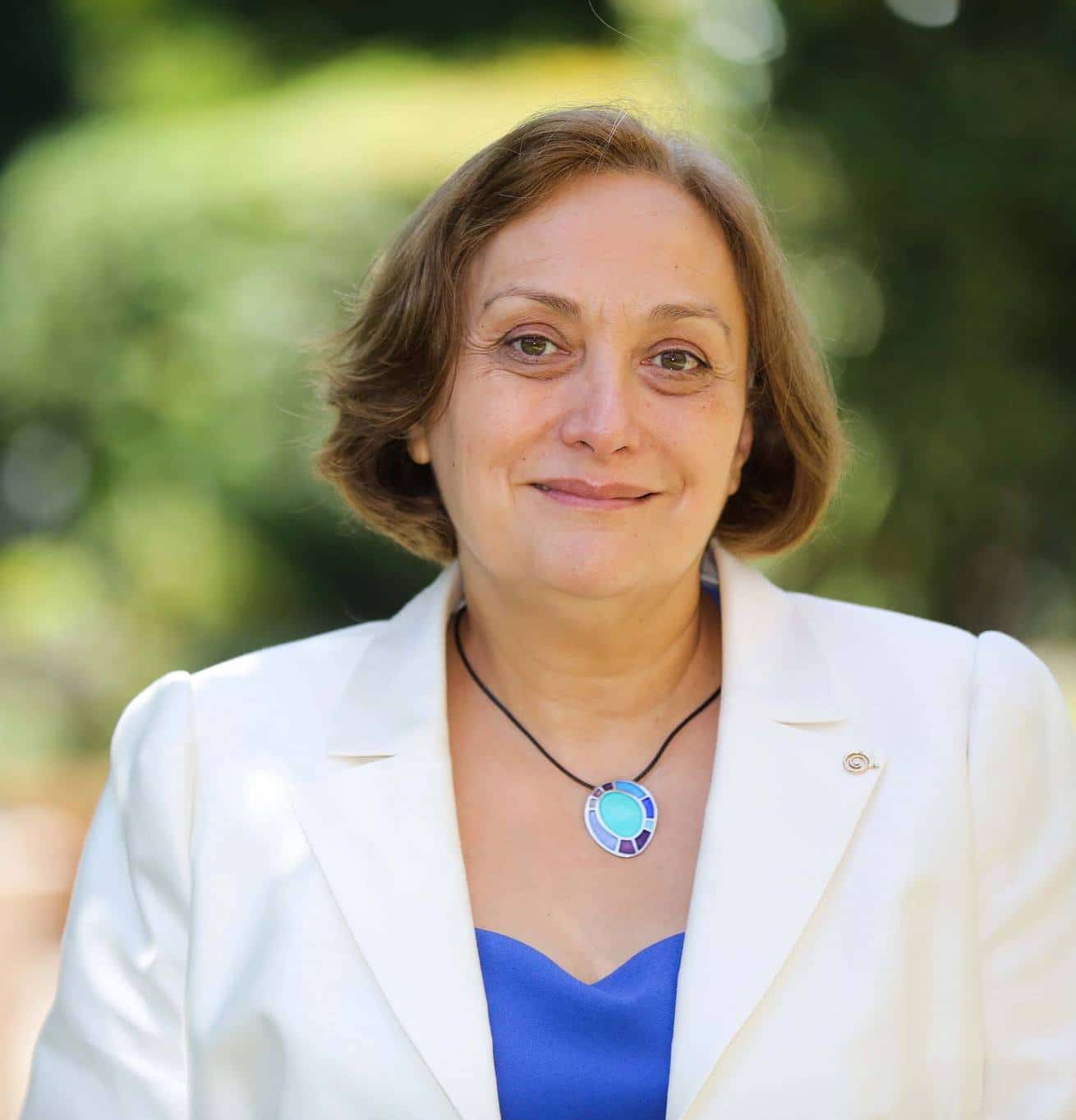
Maria Baghramian
Project Leader and Coordinator
University College Dublin
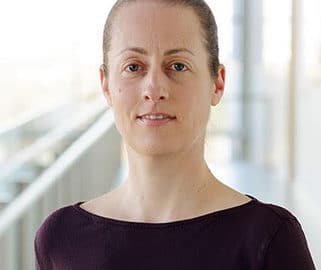
Jenny Knell
Project Manager
University College Dublin
Interaction and public engagement
Work Package 2
Work Package 2 aims to assure high quality, coherent and effective communication of the project’s ongoing work and outputs.

Daniel Kaiser
ALLEA
Trust and Advice Mechanisms
Work Package 3
Work Package 3 investigates and compare the existing systems through which experts assume an advisory role in policy making decisions in four European countries.
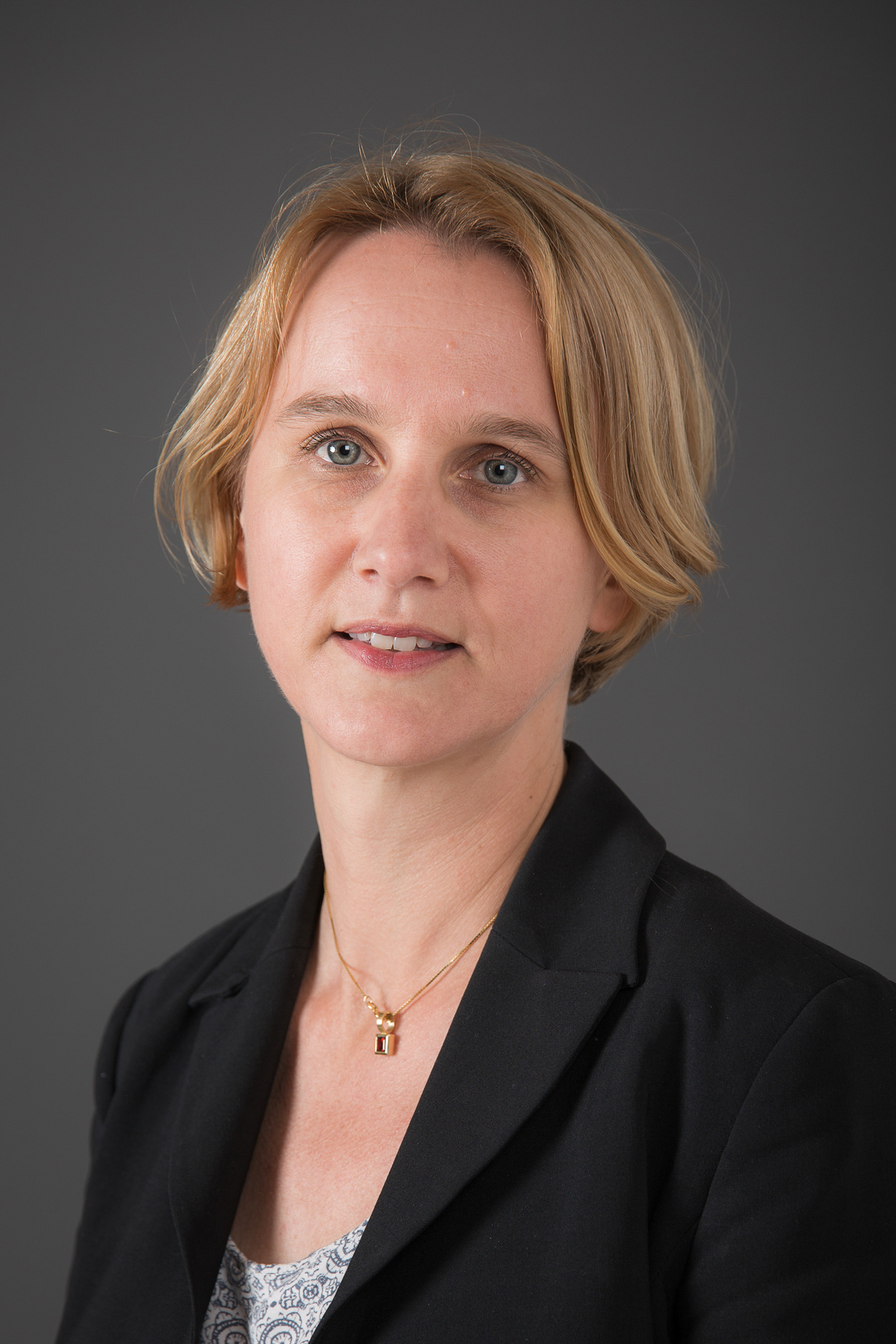
Cathrine Holst
University of Oslo
Trust in a Changing Media Landscape
Work Package 4
Work Package 4 focuses on the role of digital media in establishing, enhancing or diminishing the levels of trust in experts and the role it has with policy decisions.

José van Dijck
University of Utrecht
Social Indicators of Trust and Trustworthiness
Work Package 5
Work Package 5 investigates the role of social indicators of the trustworthiness of experts.

Gloria Origgi
Institut Jean Nicod
Psychology of Trust
Work Package 6
Work Package 6 focuses on the psychological mechanisms of trust and trustworthiness, particularly in the context of trust in scientific expertise.
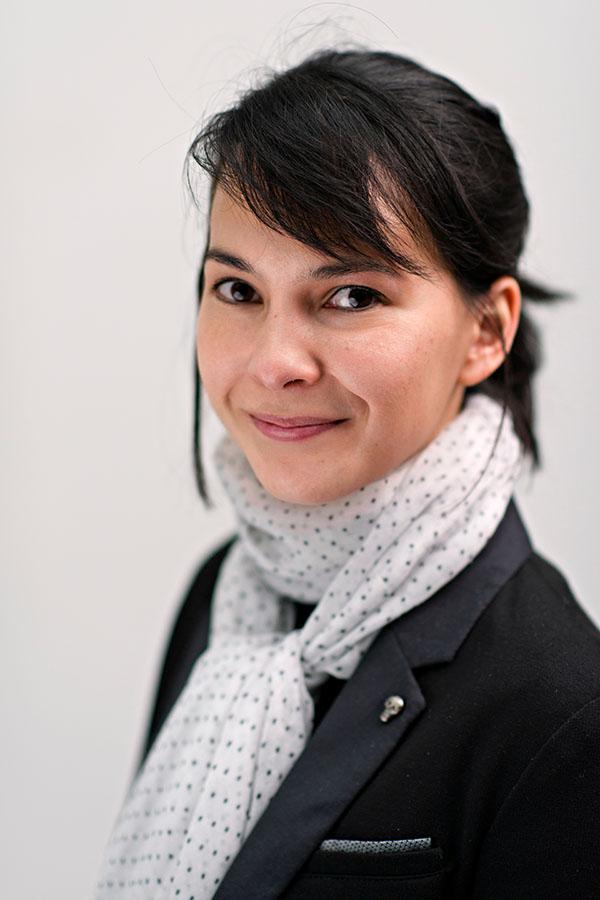
Tiffany Morisseau
Strane Innovation
Ethics of Trust
Work Package 7
Work Package 7 will investigate the ethical requirements of trustworthy expertise as well as the role of ethical considerations in placing trust in policies based on expert advice.
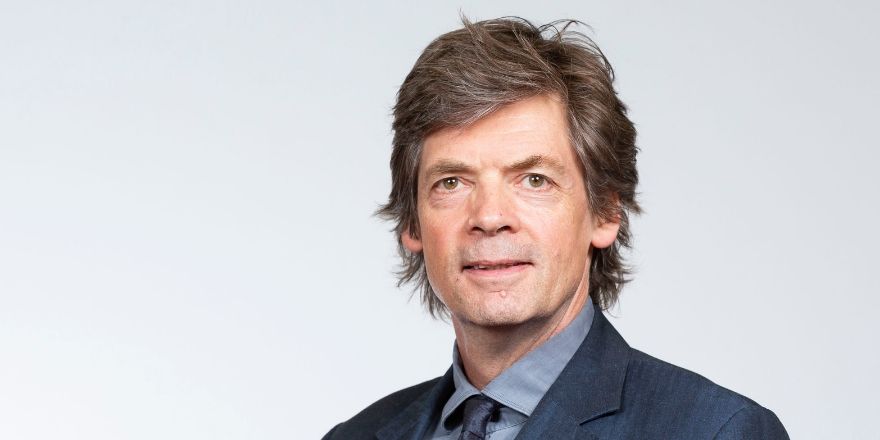
Rowland Stout
University College Dublin
Data Collection and Analysis
Work Package 8
WP8 has the core objective of collecting data necessary to underpinning the overall findings of this project. This particular work package will engage in two complementary strands of activity: 1) Understand trends in existing measures of trust; and 2) Generate new European data on institutional trust.
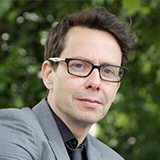
Bobby Duffy
King’s College London
Experimental Measures Trust/Distrust
Work Package 9
Work Packages 9 and 10 use lab based behavioural studies to investigate the determinants of judgements of trust and trustworthiness by members of the public and to test the findings of phase 1.
Work Package 9 investigates methodological challenges in studying trusting behaviour and the social factors underlying them.

Liam Delaney
University College Dublin
Behavioural Tools for Building Trust
Work Package 10
WK 9 and 10 use lab based behavioural studies to investigate the determinants of judgements of trust and trustworthiness by members of the public and to test the findings of phase 1.
WP10 investigates the emotional and cognitive components of trusting behaviour.
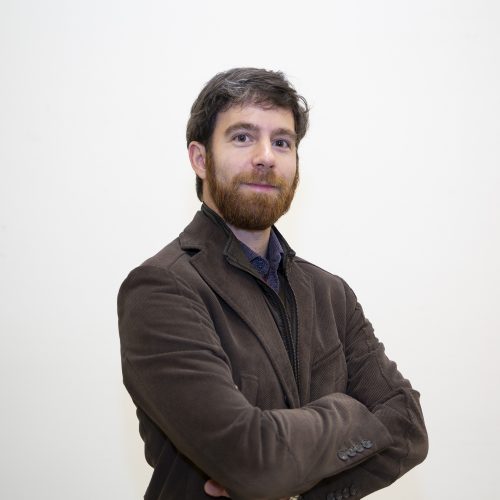
Carlo Martini
Vita-Salute San Raffaele University
Citizens' Fora
Work Package 11
WP 11 runs Citizens’ Fora to create opportunities for encounters between representative groups from the general public and experts, policy makers and journalists specialising in the area of climate change
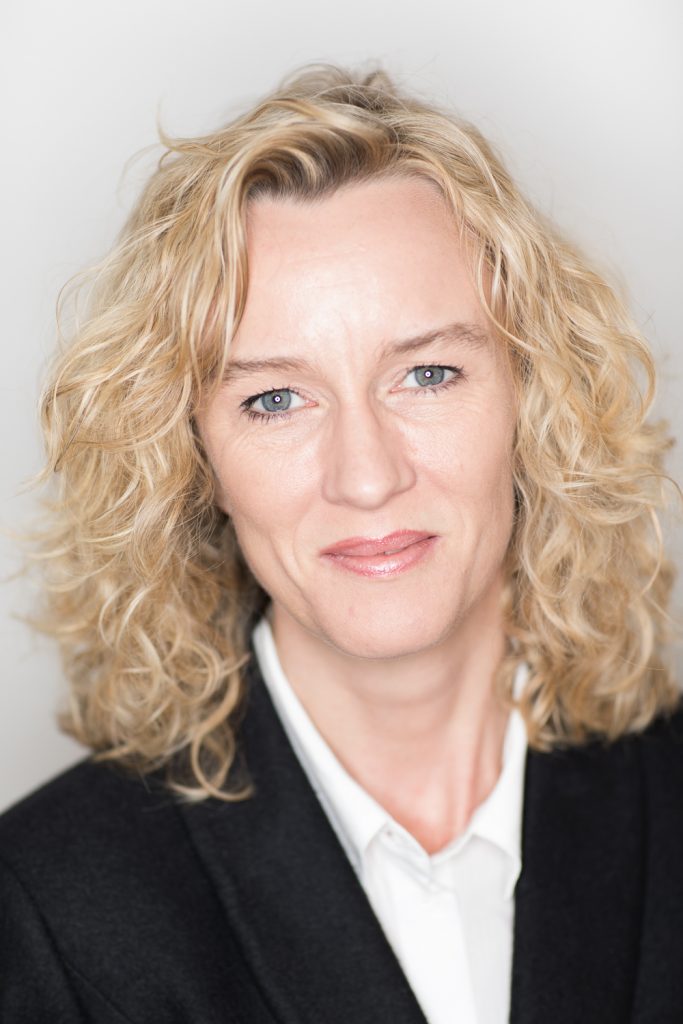
Tracey Brown
Sense about Science (SaS)



